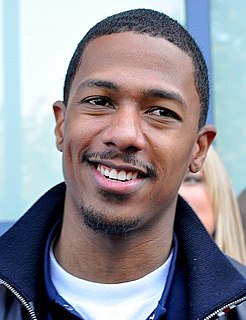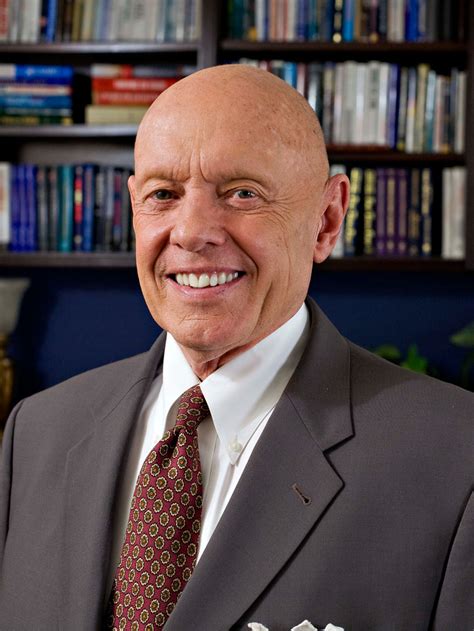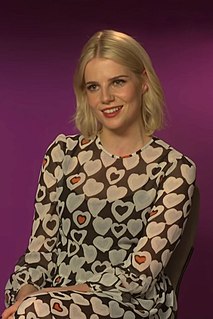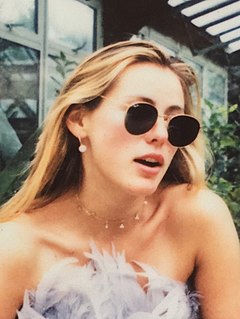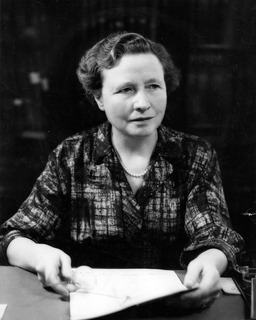A Quote by Robbie Coltrane
The person who comes up to you and makes the most noise and is the most intrusive is invariably the person in the room who has no respect for you at all, and it's really all about them.
Related Quotes
What I see is trying to make sure that everybody thinks you have more than what you actually have. What’s the point if you actually don’t have it? If you don’t have it, then you don’t have it. Have what you have. Enjoy that . . . The craft is everything. Don’t be afraid of not being the wealthiest person in the room. Be the smartest person in the room. Be the slickest person in the room. Be the most creative person in the room. Be the most entertaining person in the room. Just be in the room.
What I bring to the interview is respect. The person recognizes that you respect them because you're listening. Because you're listening, they feel good about talking to you. When someone tells me a thing that happened, what do I feel inside? I want to get the story out. It's for the person who reads it to have the feeling . . . In most cases the person I encounter is not a celebrity; rather the ordinary person. "Ordinary" is a word I loathe. It has a patronizing air. I have come across ordinary people who have done extraordinary things. (p. 176)
Most people think leadership is about being in charge. Most people think leadership is about having all the answers and being the most intelligent person or the most qualified person in the room. The irony is that it is the complete opposite. Leadership is about empowering others to achieve things they did not think possible. Leadership is about pointing in the direction, articulating a vision of the world that does not yet exist. Then asking help from others to insure that vision happens.
The person who wins the Nobel Prize is not the person who read the most journal articles and took the most notes on them. It's the person who knew what to look for. And cultivating that capacity to seek what's significant, always willing to question whether you're on the right track - that's what education is going to be about, whether it's using computers and the Internet, or pencil and paper, or books.
I wrote on the Grammys, and a few times for Garry Shandling when he was hosting. I couldn't have enjoyed those gigs more, because I would get to collaborate and try to make people I looked up to laugh, but for the most part, when you're as talented as they are, what they really want is someone who can type fast and whose presence makes them feel in the mood to write and spew and be creative, and I was a good person to have in the room.
My first experiences with fashion were dressing up. It was always about fantasy for me. Dressing up as characters . . . I always thought that's what clothes were - that they would make you into the person you wanted to be. I'm an actress, so I love to act, and I think that's one of the most important things - the thing that makes you feel like another person.
This is a lesson about life: This is one person. This is another person. This is one person trying to understand another person, even though it doesn't have room to download the other person into it's brain. It cannot understand the other person, even though it tries to. So he ends up overflowing with knowledge.





